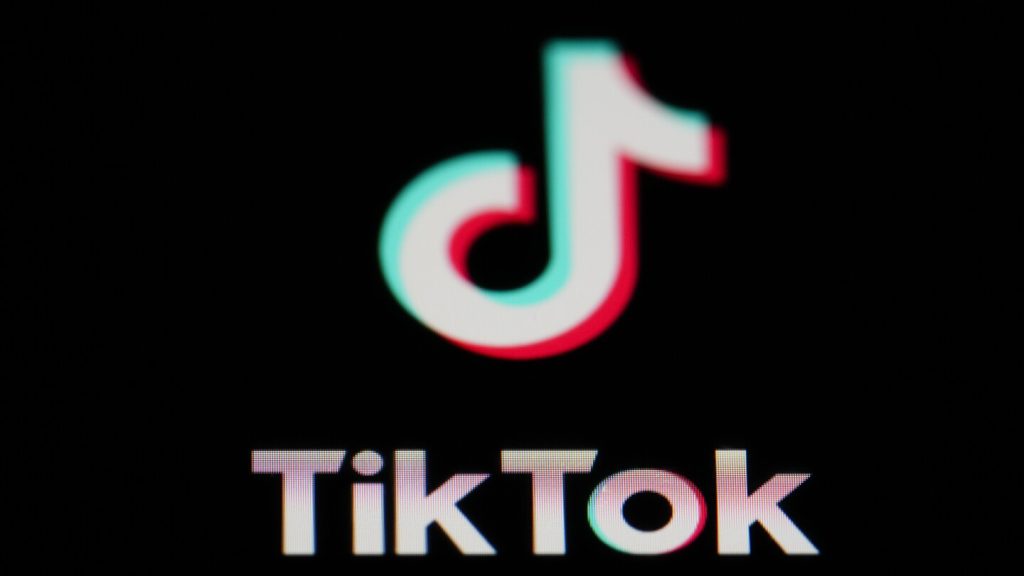The Justice Department has filed documents accusing TikTok of gathering bulk information on users based on their views on divisive social issues such as gun control, abortion, and religion. It is claimed that TikTok employees used an internal web-suite system called Lark to share sensitive data about U.S. users with ByteDance engineers in China, resulting in the data being stored on Chinese servers. Concerns have also been raised about the potential for covert content manipulation by the Chinese government through TikTok’s algorithm.
This legal battle over the future of TikTok comes after a law signed by President Joe Biden in April, which could lead to a ban on the social media platform if it does not sever ties with ByteDance. Lawmakers and administration officials have expressed concerns that Chinese authorities could influence user data or public opinion by manipulating TikTok’s algorithm. The Justice Department warned of the potential for covert content manipulation by China to undermine trust in democracy and exacerbate social divisions.
TikTok has defended itself against the accusations, stating that the government has not provided proof of its claims and that the ban would violate the First Amendment rights of 170 million American users. The company has also argued that the $1.5 billion mitigation plan to store U.S. user data on servers owned by Oracle should be sufficient to address national security concerns. However, the Justice Department has rejected TikTok’s free speech claims, emphasizing that the law targets national security concerns and does not discriminate on viewpoints.
The government’s concerns about TikTok’s potential ties to the Chinese government stem from data transfers through the Lark system, which allowed for the sharing of sensitive information about U.S. users. TikTok’s reliance on the algorithm that has driven its success has raised questions about the impact of a potential ban on the platform’s speech and presence in the United States. The Justice Department has argued that China and ByteDance are not shielded by the First Amendment, and they continue to express concerns about the Chinese government’s influence over technology companies.
The legal battle between TikTok and the U.S. government is set to continue with oral arguments scheduled for September. TikTok’s arguments against the ban have focused on free speech and the potential impact on its platform, while the Justice Department has emphasized national security concerns and the risk of Chinese influence over technology companies. As the case unfolds, the future of TikTok in the U.S. remains uncertain, with implications for the millions of users who rely on the popular social media platform.


